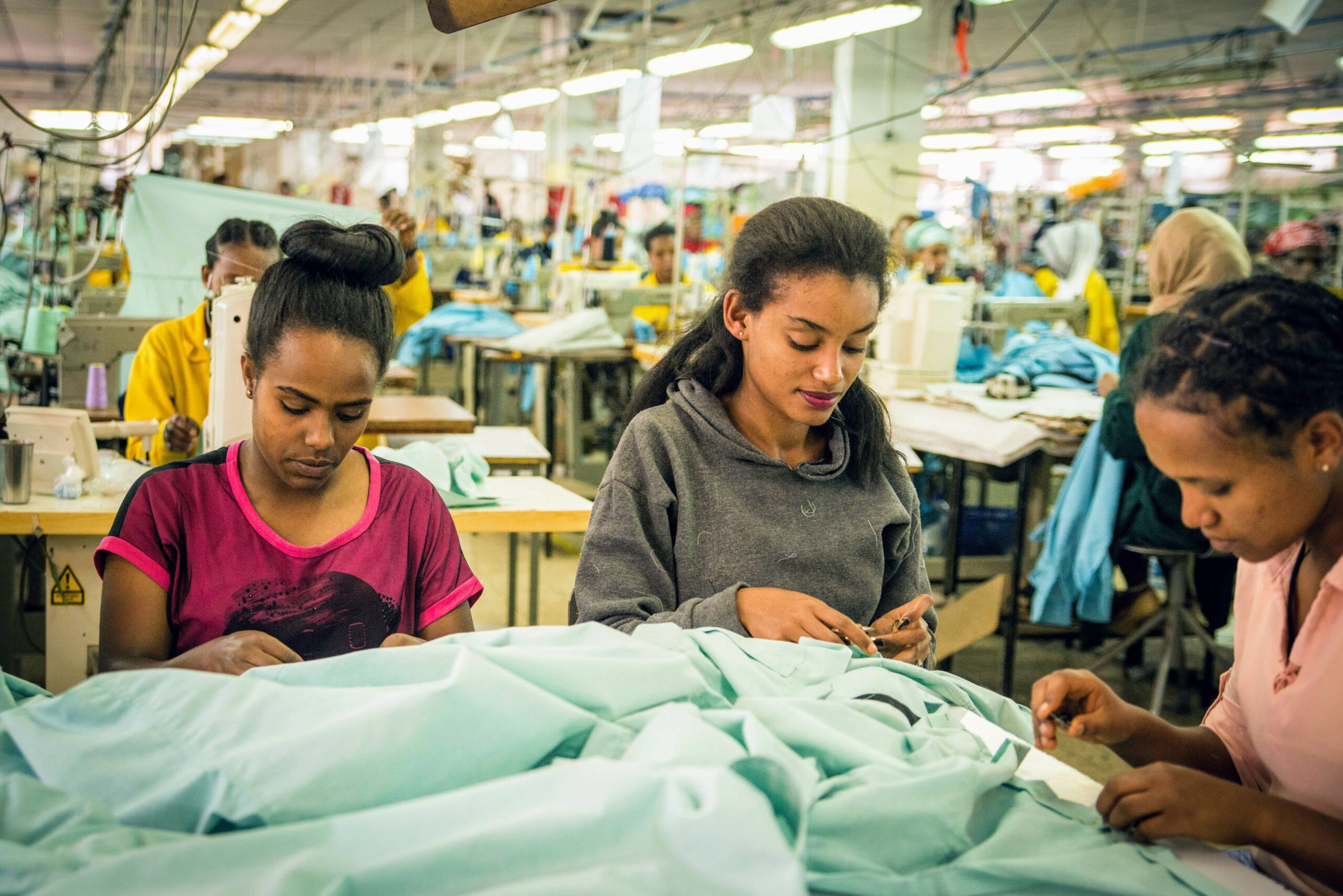Ambitious is how Marieke Doolaard and Laura van der Kolk of Hema described the principles of the Common Framework for Responsible Purchasing Practices (CFRPP). Ambitious.
The first impression when we brought this to some internal stakeholders was that the principles were ambitious, but not out of reach. We learnt very quickly that the team in Hema were willing to be that ambitious.
Marieke Doolaard, Hema
Marieke and Laura have been taking part in the Learning and Implementation Community (LIC) of the CFRPP on the invitation of us at Solidaridad Europe. The LIC brings together a group of fashion brands and retailers that are committed to improve their purchasing practices and under the guidance of MSIs and Solidaridad deepen each other’s understanding of responsible purchasing practices, and the challenges that stand in the way.
The CFRPP is a reference point for companies working to improve their purchasing practices and for organizations supporting their member or partner companies in implementing practical improvements in purchasing, to increase the scope for improved working conditions in supply chains. A key element of this is creating a more truly two-way and equal dialogue between producers in the global South and brands in the global North. Together it is hoped that producers and brands can improve working conditions and contribute to more sustainable supply chains.
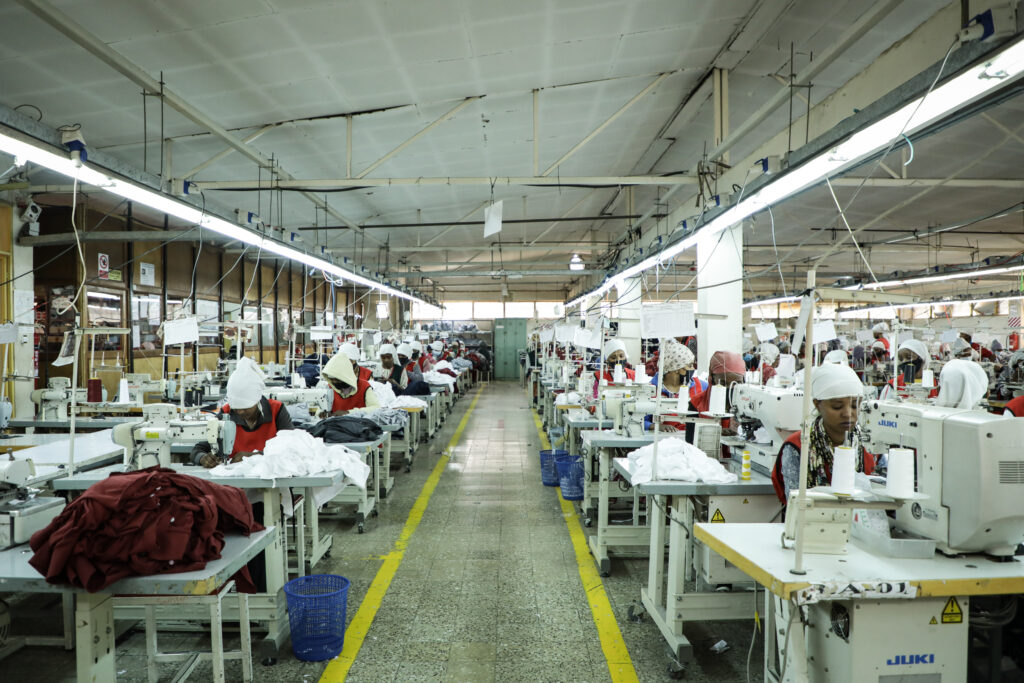
Hema has policies in place such as a Code of conduct, quality and social compliance for suppliers, a child labour policy and exit strategies. For Hema joining the LIC was based on the need to look at the current policies and see how they can be improved to prevent human rights and environmental risks in the supply chain. Even for established brands and environmentally and socially conscious organizations, this is no small effort, very soon Marieke and Laura realized that it would not happen through the enthusiasm of the team alone.
What became clear from our meetings with the LIC was that we needed to involve the management team, the board, because change comes from the top.
Laura van der Kolk, Hema
For organizations like Solidaridad this comes as no surprise. Over the years we have spent working on supply chains, specifically in cotton and textiles, we have seen many similar initiatives in corporate entities fail not through a lack of will, but because these initiatives have been the isolated efforts of elements within an organization, something that is ultimately just a sideshow from the main efforts of the company.
In order to change how corporations do business, sustainability and social responsibility need to be a core part of an organization’s identity, they need to be embedded in the day to day work of a company. We have seen this with brands such as Patagonia, or Zeeman. Sustainability is not an add on, it is part of the core goals of these companies. It is a management priority.

In Hema, and in many other companies, we see a deep desire to shift more and more towards responsible purchasing practices as core elements to their work. This cannot be achieved by the isolated work of different teams. It requires that the leadership of an organization set the agenda and bring all different strands of the company together towards this goal.
The first step is to make this something the management can act on.
In this short article we will show how Marieke and Laura went about building momentum in the management team at Hema, how they turned the abstract enthusiasm at the heart of Hema for the CFRPP into an actionable priority for its management team and colleagues at key positions in the buying commercial process. We hope that these tips can inspire you to take the necessary first steps towards responsible trade in your organization.
1. You Need Ambassadors
For any substantial change in an organization a general will is not enough to get the gears turning. The team at Hema were interested in supporting the principles set down by the CFRPP, but that doesn’t mean anything without a few people who take this interest and turn it into action. These are the people who take a good idea and get all the right people working on it, and who build something that management can support. These people are ambassadors.
In the case of Hema, Laura and Marieke acted as ambassadors for responsible purchasing practices. Marieke works for Hema on Corporate Social Responsibility and Laura manages its buying desk. They both felt that working “across different departments” was essential here.
We worked closely together beforehand because we already have an extensive sourcing policy that includes sustainability aspects and we are always looking to improve. So our departments were already very involved with each other before this process. Which meant that when we started discussing new elements from the Principles we really knew how to bring it to the rest of the organization, we already knew who needed to be involved and how to get them ready for it.
Marieke Doolaard, Hema
Ambassador’s set the agenda on the topic by being a direct advocate. In this stage it is essential to make sure that management has no doubt about what you are trying to achieve and why.
We stated what our expectations were from the first meeting. That helped set the tone.
Laura van der Kolk, Hema
So how do ambassador’s build momentum for change in an organization?
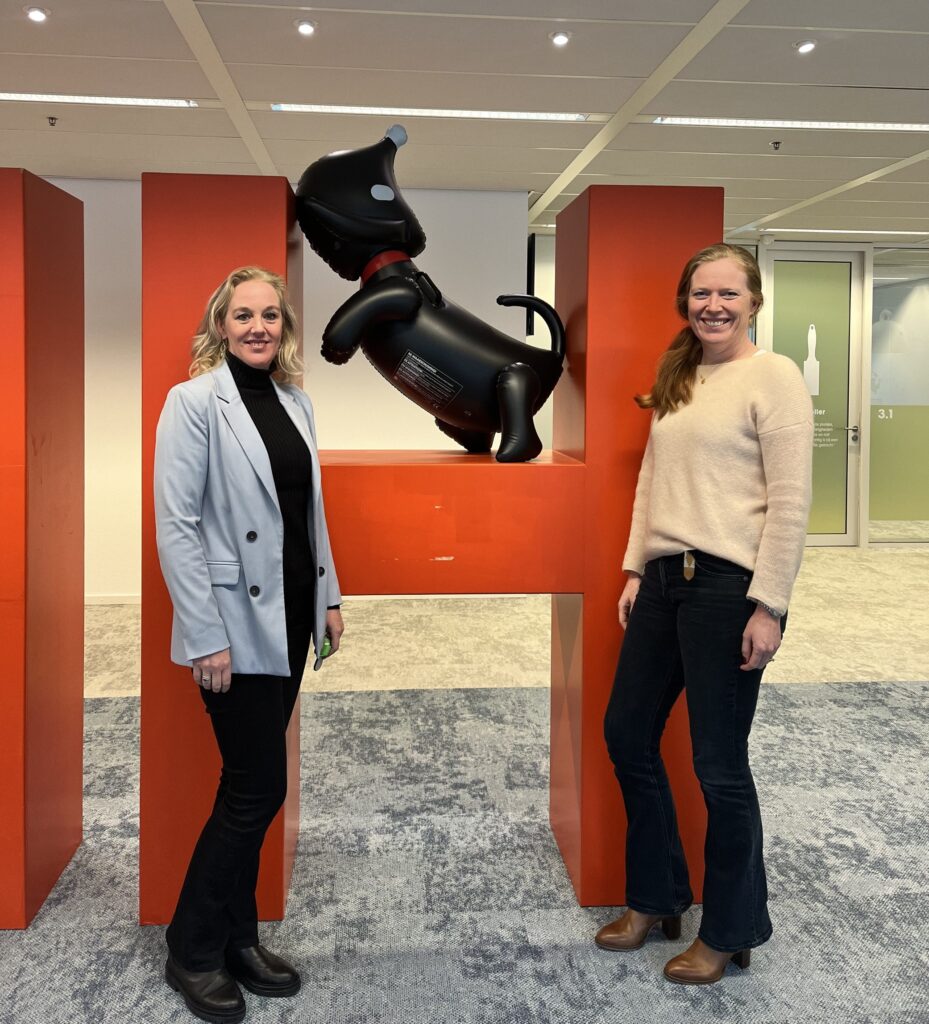
2. Building your case
To get management buy-in, building a case to support your goal is critical. Management can only act on good information. This is especially true for topics like responsible purchasing practices which can have many wide ranging impacts, affecting different parts of the organization. Without the right information, even those companies willing to support change won’t be able to know which direction to go. This can be as simple as explaining the legal and financial ramifications and the benefits to the organization, or it can go as far as providing insight into the latest trends in purchasing in certain regions, or the expected impacts of upcoming legislation. For instance, it is important to have a good understanding already of what your current procurement process entails by mapping it out.
But it is important not to get bogged down in the details, according to Marieke and Laura.
“We didn’t write a novel. From an early stage we needed buy-in from management and other departments and they were busy, so we needed concrete information that told them everything they needed to know. At first it was just a one pager with facts, figures, and impacts. It explained what would be affected, in which regions and what that might look like in the future, but we tried to keep it simple.”
You need to build your case based on what you know about your company. What its priorities are, what it wants to deliver to its customers and what it needs to do to be compliant with all regulations. You need to build the best possible case for the change you want to see, and you need to build it with your audience in mind. Marieke’s advice to others in this regard was to “Understand what the management team needs to know to enable them to make an informed decision.”
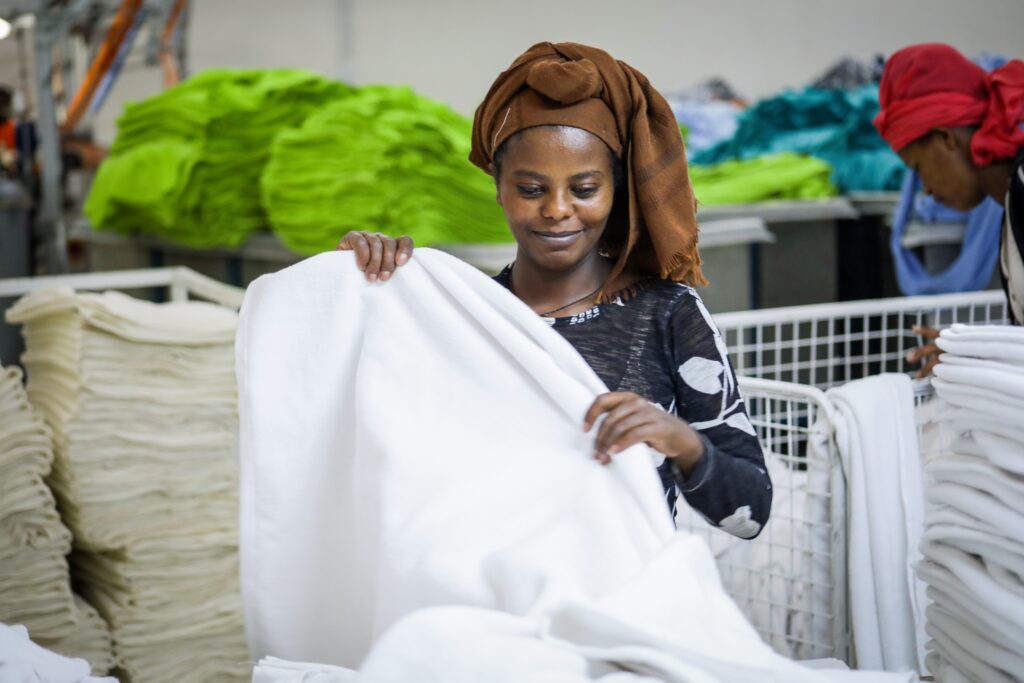
3. Make it Operational
The single most important piece of advice for those looking to engrain responsible purchasing practices in their organization is to make sure that what you propose is operational.
With all the good will and information in the world, change cannot happen without a clear set of action points. When discussing how they brought their proposals on responsible purchasing practices to their management, Laura said.
“We were clear from the first meeting about what resources were needed, what the timeline would be and what the expected outcomes were.”
At the sustainability department we report directly to the CEO and the purchasing department reports to the CPO, so we already know how they want to be informed. We knew not only that they needed to see a concrete plan, but in the right format, one that they could consider and sign off on. A lot of it was about using the right language and concrete information.
Marieke Doolaard, Hema
Marieke and Laura’s work at Hema shows that enthusiasm can be turned into an action plan, if you bring everyone along with you. By getting the management team on board, specifically the CEO and CPO, by offering them the chance to not back vague commitments but to allocate funding and resources to achieving specific goals, Hema is well on its way towards implementing the principles of the CFRPP. They have begun the right conversations with their teams across their main sourcing locations in Bangladesh, Hong Kong and Shanghai.
They have internally agreed to set up two-way codes of conduct with their suppliers, agreements that no longer read like a list of demands, but as a mutual agreement on how both organizations can respect each other and support the improvement of working conditions in production facilities. But this will take time. Internal approval is just one aspect: for these codes of conduct to be truly two way, next they need strong communication with their suppliers, of which there are approximately 650.
Change in an organization takes time and effort, and it takes buy-in from the people who make the key decisions.
If you work for an organization that wishes to transition to more socially responsible purchasing practices, reach out to us at Solidaridad to advise on your first steps.
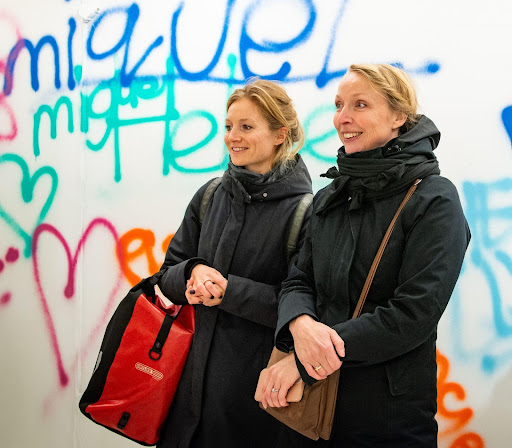
Get in touch
Annemiek Smits, Corporate Partnerships Manager – Cotton, Leather & Textiles, annemiek.smits@solidaridadnetwork.org
Tamar Hoek, Senior Policy Director Sustainable Fashion, tamar.hoek@solidaridadnetwork.org
Call Tamar or Annemiek through Solidaridad Europe’s front office: +31 30 272 0313

